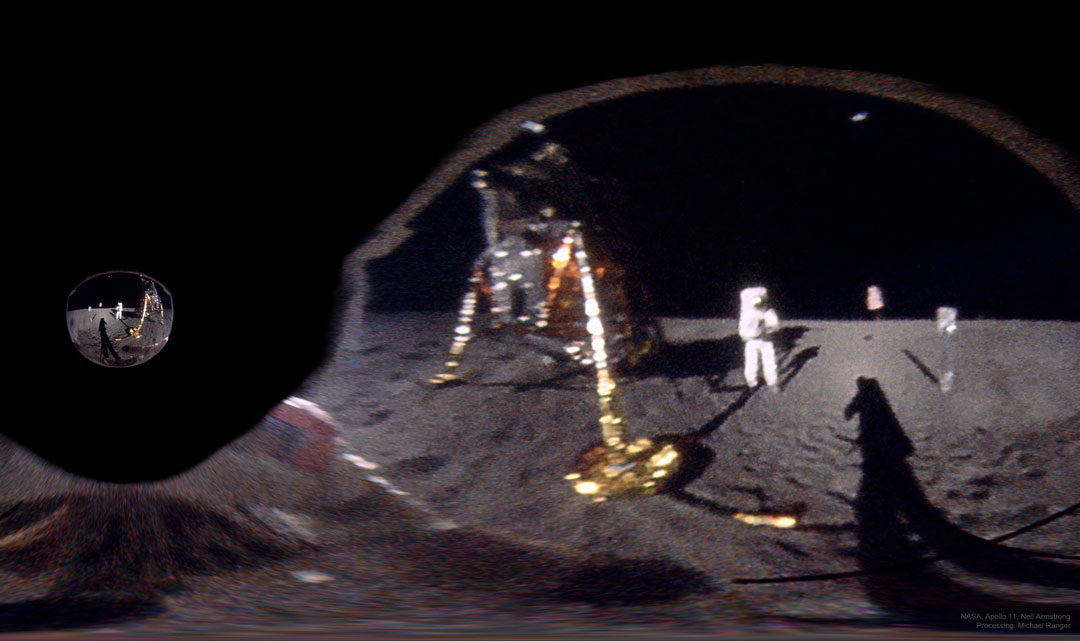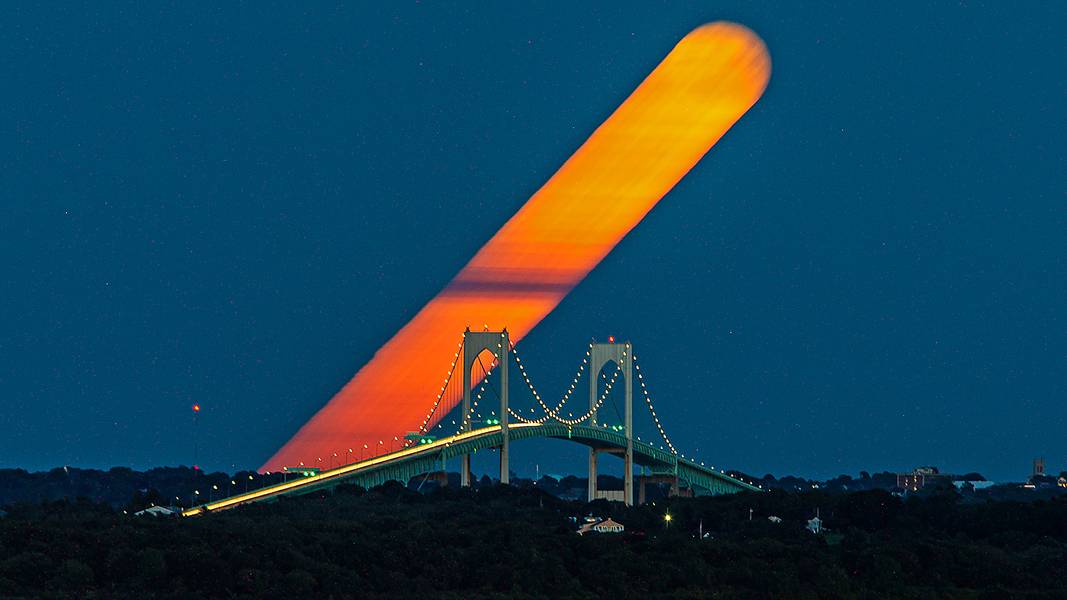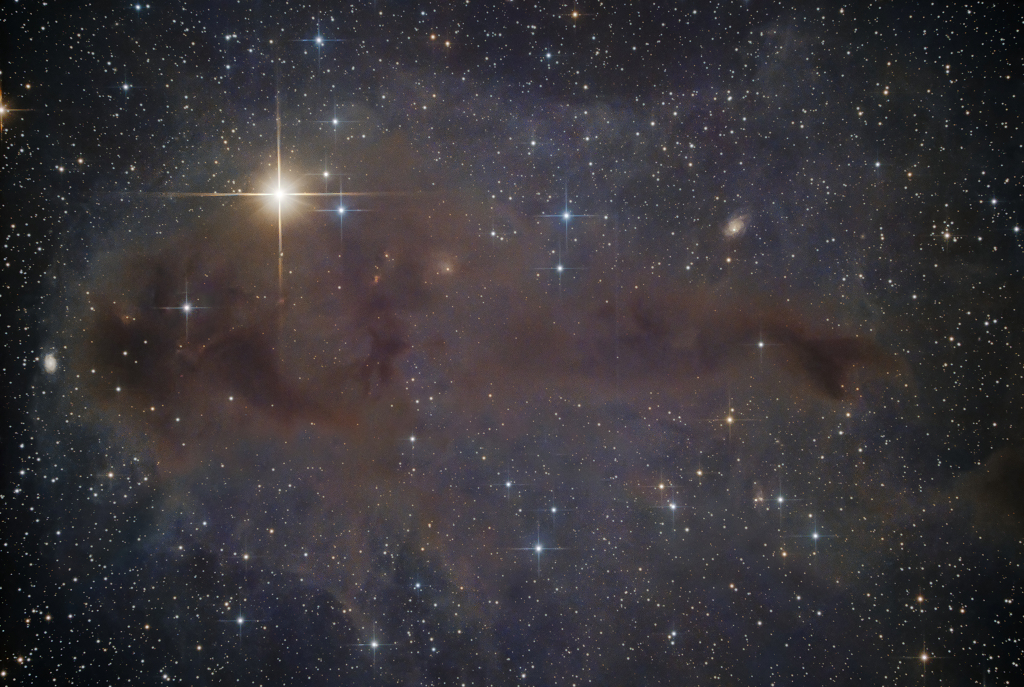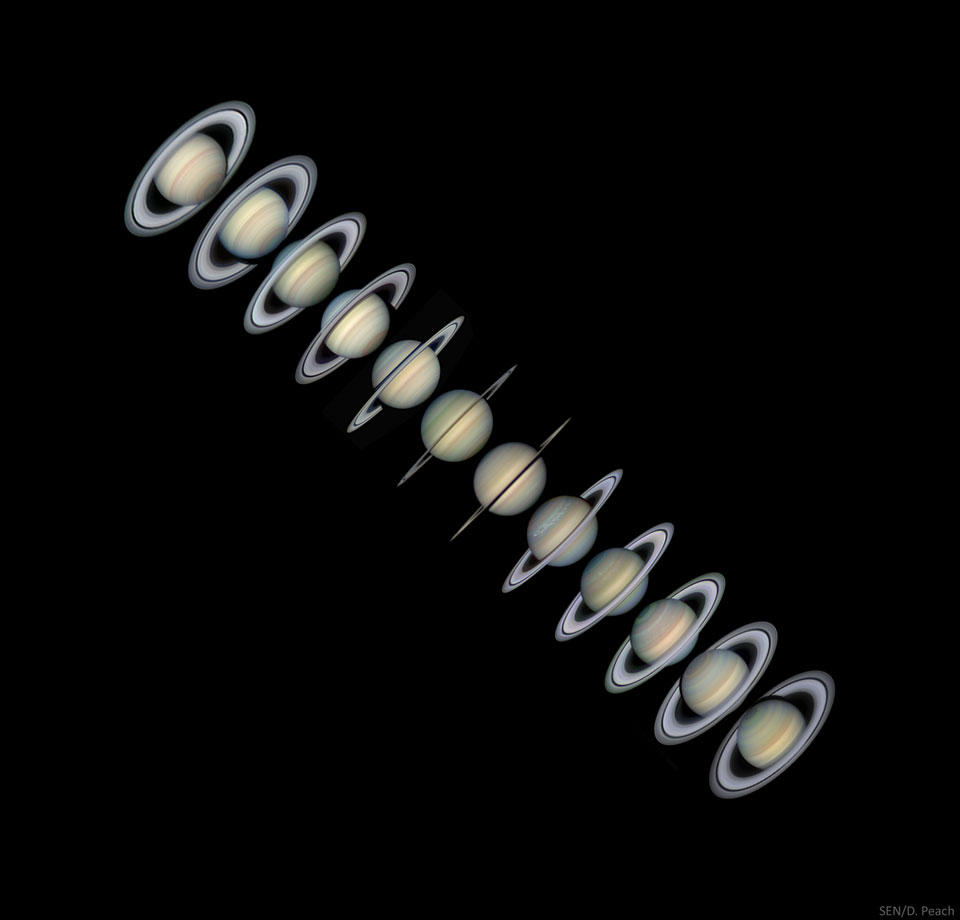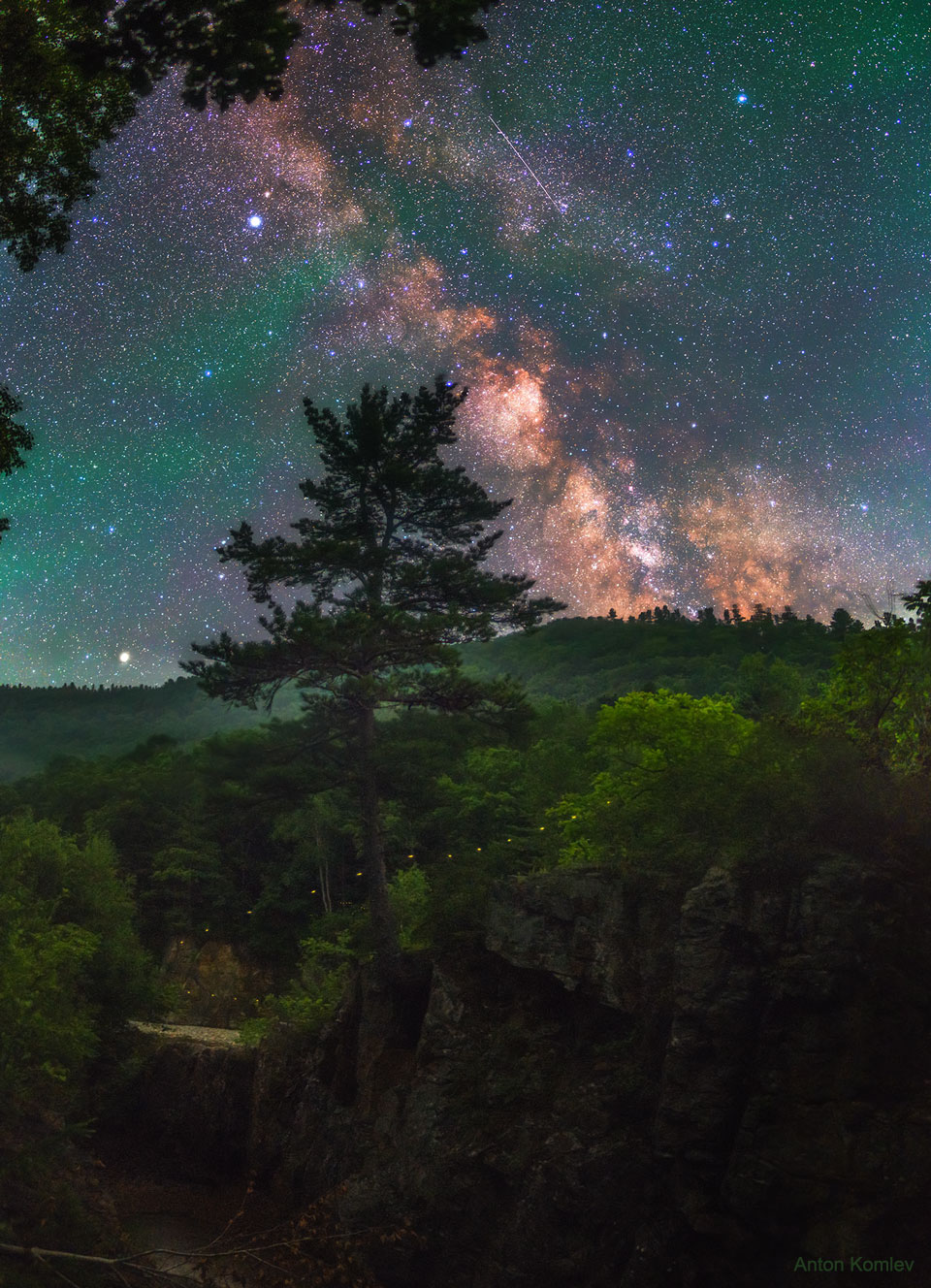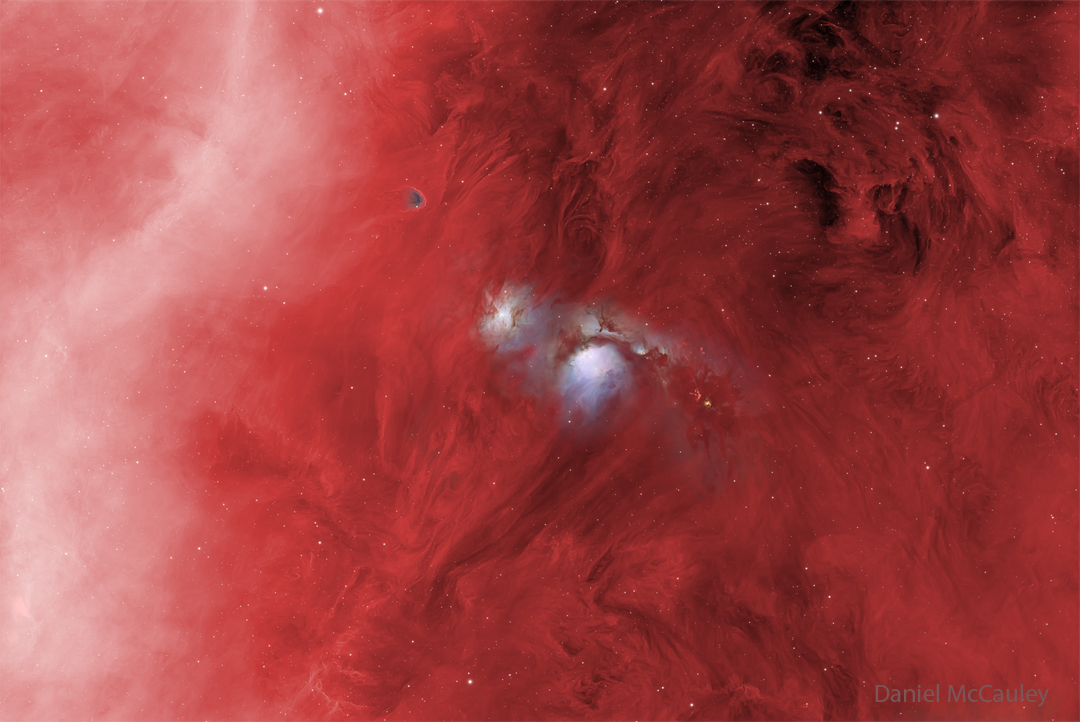A partir du 1er novembre 2021, les applis de guidage par GPS et d'aide à la conduite seront tenues, dans certaines circonstances, de ne plus signaler la présence des forces de l'ordre à leurs utilisateurs.
44%. C'est, selon le
ministère de l'Intérieur, le pourcentage de décès liés à l'alcool ou à l'utilisation de stupéfiants dans les accidents de la route. Pour tenter de lutter contre ce fléau, mais aussi dans des situations particulières comme des alertes enlèvement ou des attaques terroristes, l'Etat pourra, à compter du 1er novembre prochain, exiger des applications collaboratives de navigation GPS (telles que Waze, Coyote, TomTom, Garmin, Michelin TravelPartner ou Glob) de cacher, c'est-à-dire de ne plus signaler à leurs utilisateurs, la présence de forces de l'ordre ou de contrôles de police dans un périmètre donné et pour un temps limité. L'objectif étant de faire jouer l'effet de surprise afin que les personnes visées (parfois utilisatrices d'applications GPS) ne puissent précisément pas se soustraire à d'éventuels contrôles mis en place par les forces de l'ordre. En pratique, selon le décret 2021-468 publié au Journal officiel du 20 avril 2021 et qui vient compléter l'article L130-11 du Code de la route, cette demande d'interdiction de signalement prendra la forme d'un arrêté. Elle ne pourra émaner que de deux autorités publiques : le ministère de l'Intérieur et le préfet "sur proposition des officiers ou agents de police judiciaire et des agents de police judiciaire adjoints de la gendarmerie et de la police nationales"
Ces dispositions exceptionnelles s'appliqueront, selon les cas, pour une durée pouvant aller de 2 heures (pour les contrôles d'alcoolémie et de stupéfiants) à 12 heures (s'agissant de recherches d'individus en lien avec une "alerte enlèvement" ou une attaque terroriste). De même, ces mesures seront circonscrites et ne pourront pas concerner, même temporairement, l'ensemble du territoire. "Les voies ou portions de voies concernées ne peuvent s'étendre au-delà d'un rayon de dix kilomètres autour du point de contrôle routier lorsque celui-ci est situé hors agglomération et au-delà de deux kilomètres autour du point de contrôle routier lorsque celui-ci est situé en agglomération", précise l'
article L130-11 du Code de la route.
En cas de non-respect des interdictions décidées soit par le préfet, soit par le ministère de l'Intérieur, les responsables d'applications GPS seront passibles
de 2 ans d'emprisonnement et de 30 000 euros d'amende. A noter cependant, les usagers de services comme Waze, Coyote, TomTom ou Garmin ne risqueront rien et pourront continuer à signaler la présence des forces de l'ordre. Mais, au final, l'information ne sera pas transmise à la communauté des utilisateurs, comme c'est le cas en temps normal. Les applications GPS permettent le plus souvent de fluidifier la circulation. Cependant, avec la mise en place de ces interdictions de signalement, elles pourraient perdre de leur attrait aux yeux d'utilisateurs qui aiment parfois flirter avec la ligne rouge, c'est-à-dire conduire è haute vitesse, sous l'emprise de stupéfiants et/ou se soustraire à des contrôles de police. Opposé à ce nouveau cadre juridique et anticipant très certainement des retombées négatives sur son activité, l'application GPS Coyote a récemment,
comme le révélait le site NextInpact, introduit une requête auprès du Conseil d'Etat pour demander l'annulation du décret publié au printemps dernier.
